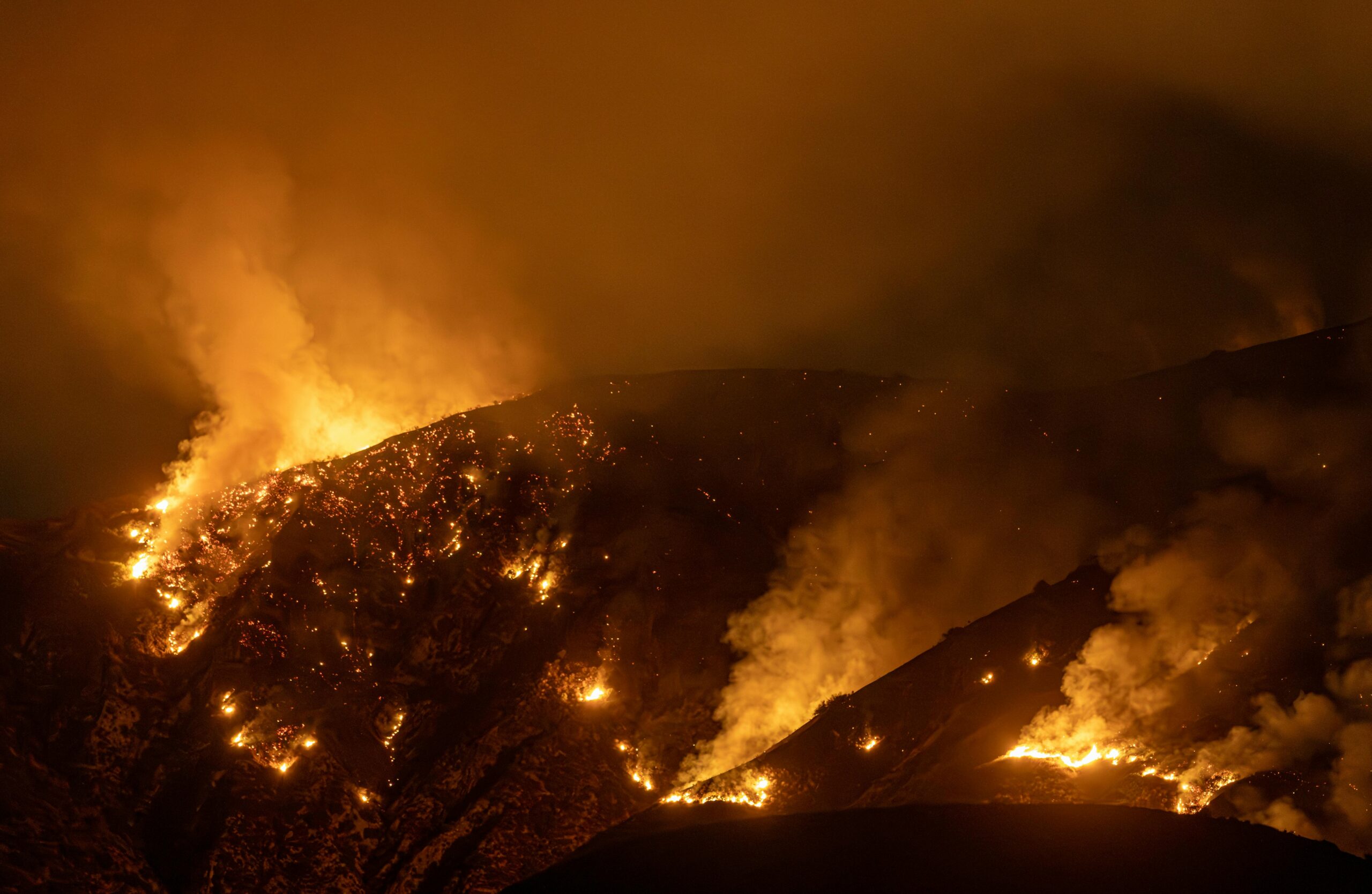Overview
Strengthening Climate Resilience in Frontline Communities
Equitable climate action can uplift frontline communities so they do not simply “bounce back” after climate disasters strike, but are able to “bounce forward” as healthy, resilient and sustainable communities.
Environmental racism is not new. Decades of disinvestment and discriminatory public policies have left low-income communities of color without the resources to withstand the worsening impacts of climate change, making climate adaptation and community resilience essential priorities.
To help ensure everyone is prepared for climate disasters like extreme heat, flooding, drought and wildfires, The Greenlining Institute is advancing community resilience programs and policies that center equity.
OUR SOLUTIONS
Community Resilience: A Community-First Approach to Climate Change
Community resilience is unique in its focus on people and consideration of public health, social structures, and economic development. Community resilience is the ability of communities to withstand, recover, and learn from past disasters to strengthen future response and recovery efforts.
The resilience of a community can be defined by:
- Physical and psychological health of the population
- Social and economic equity and well-being of the community
- Capacity for effective risk communication
- Integration of governmental and nongovernmental organizations in planning, response, and recovery
- Social connectedness for resource exchange, cohesion, response, and recovery
Our strategies to tackle climate change prioritize our frontline communities, and put their needs first.
OUR WORK
Identifying Communities Most Vulnerable to Climate Change
Climate change impacts everyone, but the experience is dramatically different depending on who you are and where you live. Although there is mounting evidence of the unequal effects of climate change –particularly on low-income communities and communities of color – we currently lack a tool that holistically displays the data needed to identify the most vulnerable communities.
The Greenlining Institute works in collaboration with Asian Pacific Environmental Network and California’s Office of Planning and Research to develop and deploy a Vulnerable Communities Platform that consolidates and updates existing data to identify the communities most impacted by climate change in California. This centralized platform offers advocates, local governments, legislators, and the state a foundation to analyze and prioritize climate policy actions to combat the ongoing climate crisis.
In order to ensure the platform centers the vision of communities most impacted by climate change, The Greenlining Institute and APEN convened a Community Resilience Working Group. The CRWG consists of environmental justice and equity community-based organizations and advocacy groups representing economically, geographically, and racially diverse populations. Together, the CRWG will help shape the development and implementation of the platform, and pave the pathway for community leadership in influencing climate resilience policies and programs.
Making Equity Real in Climate Policy Development and Implementation
Equity is a practice. Unfortunately, climate policies with equity goals or commitments often lack an actual strategy to achieve meaningful equitable outcomes for frontline communities. To address this, Greenlining published the Making Equity Real Guidebook which offers policymakers a comprehensive set of recommendations to build equity into climate resilience policies and programs from the initial goal setting all the way through evaluation.
We use this framework to:
- Evaluate legislation, grant programs, plans
- Identify policy gaps
- Develop recommendations to better center equity in the climate resilience initiative
The guidebook and framework can be used to create policies that respond to community-identified resilience needs and ensure a policy is relevant, meaningful and beneficial for the community it will impact.
Securing Funding for Community Resilience Priorities
Funding for climate resilience is one of the biggest barriers to increasing community resilience. Without adequate funding, climate resilience planning efforts and implementation of projects cannot take place. To address this, Greenlining engages in budget advocacy to ensure communities have resources for critical resilience efforts through sources like the Greenhouse Gas Reduction Fund, climate resilience bonds, and the general fund.
But securing adequate funding alone is only part of the work. The Greenlining Institute also ensures that funding mechanisms are equitably developed to include investments for frontline communities, resources for capacity building and technical assistance, and implementation plans capable of financing community-identified needs.


